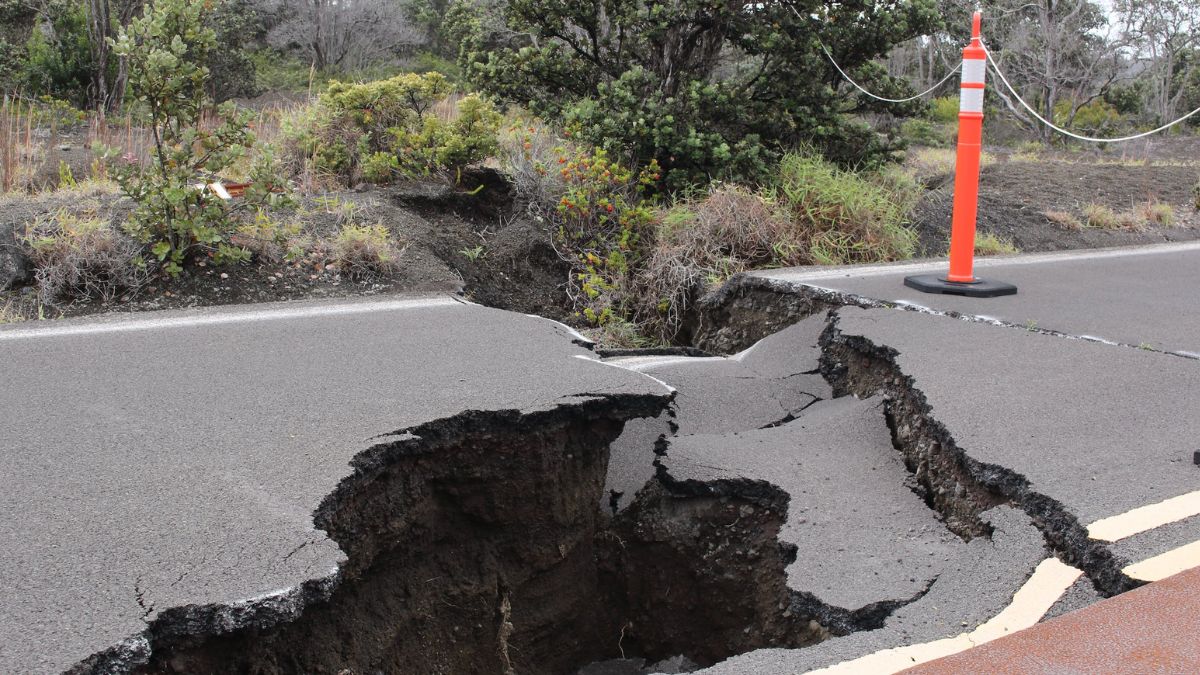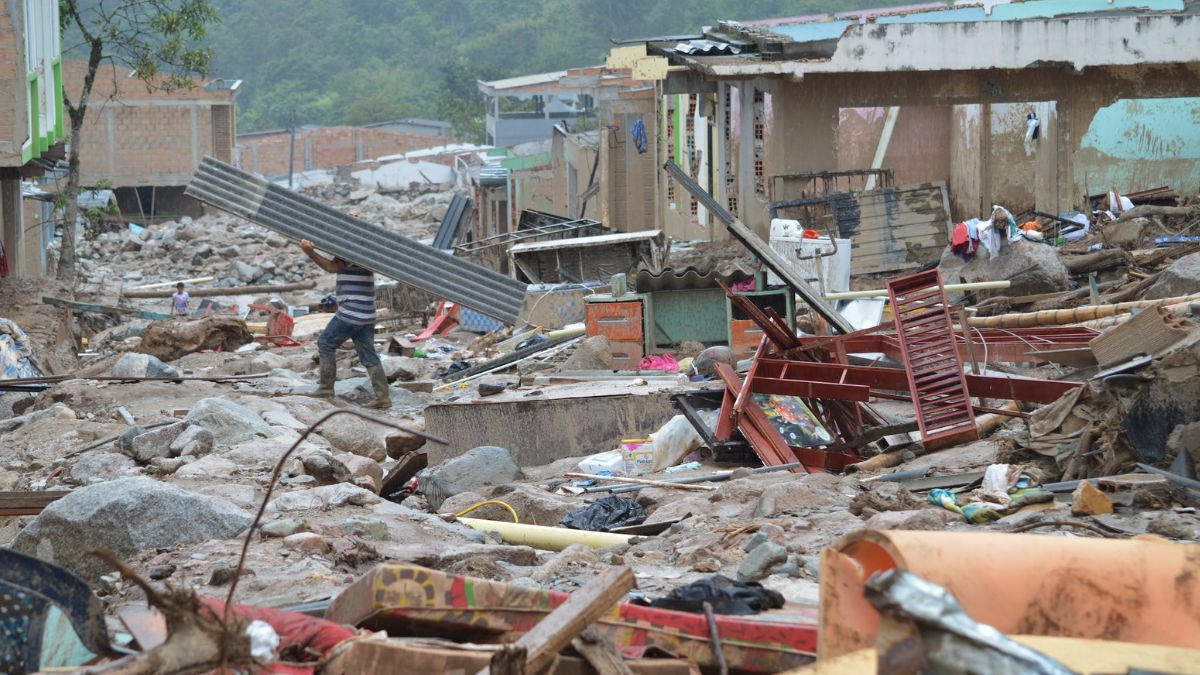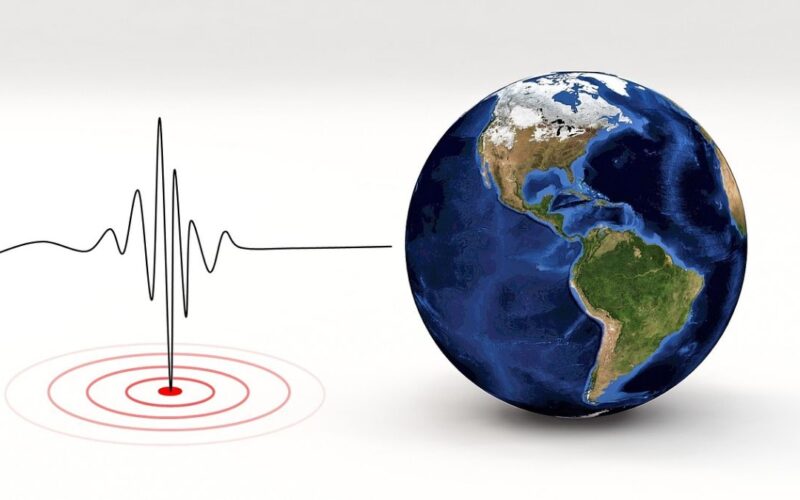Earthquakes, the sudden tremors caused by movements within the Earth’s crust, can be unsettling and unpredictable. While their occurrence varies by region, everyone should be prepared for this natural disaster. Knowing what to do (and what not to do) during an earthquake can significantly increase your safety and reduce potential harm.
Staying Calm in the Face of Tremors
The first rule during an earthquake is to remain calm. Panic can cloud judgment and lead to unsafe actions. Take a deep breath and remind yourself that earthquakes, though intense, are usually short-lived.
If You’re Indoors
- Drop, Cover, and Hold On: This popular earthquake safety slogan summarizes the key action steps – Drop to the ground on your hands and knees, take cover under a sturdy table or desk, and hold on firmly until the shaking stops. Remember, falling objects are the biggest threat indoors.
- Stay away from windows, doors, and exterior walls: These areas are more prone to collapse and falling debris. Stay clear of mirrors, hanging fixtures, and bookcases as well.
- Interior doorways (especially load-bearing ones) can offer some protection, but only if you can reach them quickly and safely. Don’t get caught in a crowd trying to reach a doorway.
- If you are in bed, stay there and cover your head with a pillow. Protect yourself from falling objects that may dislodge from above.
- Do not run outside while the shaking is happening. Leaving a building during an earthquake increases your risk of being struck by falling debris.

If You’re Outdoors
- Move away from buildings, trees, power lines, and other potential hazards. Open spaces away from structures are the safest places to be during an earthquake.
- Drop to the ground and lie flat. Protect your head and neck with your arms.
- Stay clear of slopes and cliffs, as earthquakes can trigger landslides. Be aware of your surroundings and potential falling rocks or debris.
After the Shaking Stops
- Remain calm and assess the situation. Check yourself and others for injuries and provide first aid if necessary.
- Be prepared for aftershocks, which are smaller tremors that can occur following a major earthquake. Follow the same safety measures during aftershocks.
- Expect power outages and possible damage to buildings and infrastructure. Do not use candles or open flames due to potential gas leaks.
- Only use your phone for emergencies to avoid overloading the network.
- Follow instructions from emergency personnel and stay informed through official channels.
What NOT to Do During an Earthquake
Do not run outside immediately: Stay indoors until the shaking stops to avoid falling debris.
Do not use elevators: Use stairs instead, as elevators may malfunction during an earthquake.
Do not light matches or smoke: Sparks could ignite gas leaks if present.
Do not touch downed power lines or electrical equipment: Wait for professionals to address them.
Do not spread rumors or misinformation: Rely on official sources for accurate information.

Beyond Immediate Response: Preparation is Key
While remaining calm and acting wisely during an earthquake is crucial, being prepared beforehand significantly increases your safety.
Here are some essential steps for earthquake preparedness:
Create an earthquake plan: Discuss safe places and evacuation routes with your family or household members. Practice earthquake drills regularly, especially with children.
Secure your home: Identify and secure potential hazards like heavy furniture, bookcases, and appliances. Secure water heaters and gas lines.
Assemble an emergency kit: This should include first-aid supplies, non-perishable food, water, flashlights, batteries, and other essential items.
Stay informed: Learn about earthquake risks in your area and sign up for emergency alerts.
Remember, earthquakes are natural phenomena, but their impact can be minimized through preparedness and informed action. By following these guidelines and staying informed, you can significantly improve your safety and the safety of your loved ones during an earthquake.










